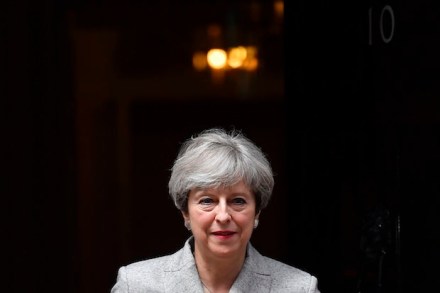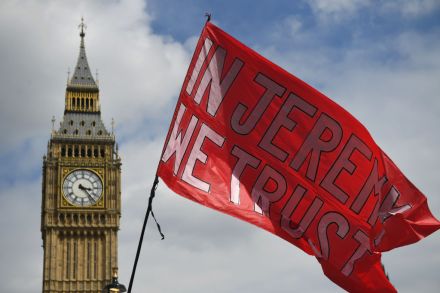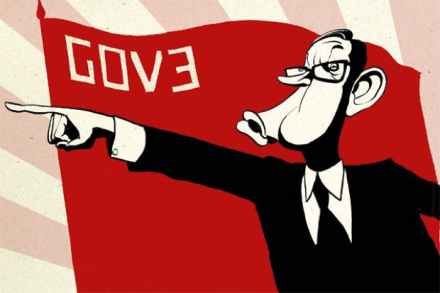Railways in the North the next in line for Tory revolt
Tory MPs are very pleased that Number 10 is once again dropping hints that the public sector pay cap will be lifted in the autumn budget. A number of them had spent the summer being chided by nurses and police officers in their constituencies about the discrepancy between MPs’ pay and the eight-year freeze on pay for public sector workers. But this is of course just the first in a long line of successful policy changes that Tories are going to extract from the Treasury as a result of the snap election. Ironically for Philip Hammond, who got into hot water after telling Cabinet that even women can drive trains,




















